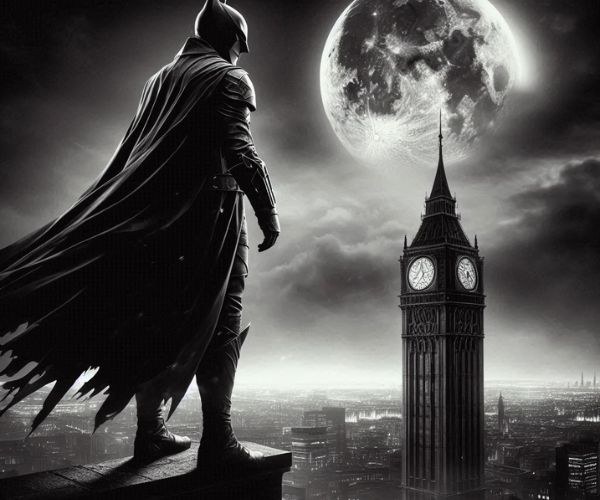Overview
The Dark Knight Legacy represents not merely a film sequence but an enduring cultural phenomenon that has indelibly marked the landscape of modern cinema. This legacy transcends the confines of mere entertainment, delving into profound themes of morality, justice, and the human condition. The trilogy, primarily helmed by director Christopher Nolan, redefined the superhero genre and set a benchmark for storytelling that intertwines complexity with accessibility.
The Dark Knight Legacy
The impact of “The Dark Knight” on the film industry and popular culture is monumental. Released in 2008, it garnered both critical acclaim and commercial success, solidifying its place as one of the greatest films of all time. The film’s narrative intricately weaves a tale of chaos and order, personified through its characters—most notably, the Joker, played masterfully by Heath Ledger.
A New Era of Superhero Films
The Dark Knight not only elevated the superhero genre but also marked the commencement of a new era in cinematic storytelling. Prior to its release, superhero films were often dismissed as mere escapism. However, Nolan’s creation introduced a level of gravitas and depth that compelled audiences to confront their own moral dilemmas. The complex character arcs and psychological intricacies fostered a narrative that was as much about the human experience as it was about caped crusaders.
The Significance of the Joker
The portrayal of the Joker became a cultural touchstone, encapsulating the essence of anarchy and chaos. Ledger’s performance was not merely an embodiment of villainy but a profound exploration of nihilism and the fragility of societal order. The Joker’s unpredictable nature and philosophical dialogues provoked a reevaluation of heroism. In a world where good and evil are often painted in stark contrasts, the film invites viewers to ponder the shades of gray that exist in between.

Themes and Motifs
The Dark Knight Legacy is rich with themes that resonate on multiple levels. At its core lies the exploration of duality—the constant struggle between light and darkness, justice and vengeance. This thematic dichotomy is encapsulated in the characters of Batman and Harvey Dent, whose trajectories serve as a commentary on the choices individuals make in the face of adversity.
Morality and Justice
One of the most compelling themes is the moral ambiguity that permeates the narrative. Batman, as a vigilante, operates outside the confines of the law, raising questions about the ethics of justice. The film challenges viewers to contemplate the implications of taking justice into one’s own hands, especially when the line between right and wrong becomes increasingly blurred.
The Nature of Fear
Fear is another pivotal motif within The Dark Knight Legacy. The Joker’s manipulation of fear serves as a tool for chaos, forcing characters and viewers alike to confront their own vulnerabilities. The notion that fear can be wielded as a weapon highlights the psychological dimensions of power and control. Batman’s own struggle with fear and his subsequent evolution into a symbol of hope further accentuates the film’s exploration of this theme.
Conclusion
The Dark Knight Legacy is a testament to the power of storytelling in cinema. Its intricate character studies, profound thematic explorations, and cultural impact resonate far beyond the screen. As audiences continue to engage with its rich narrative tapestry, the legacy of this cinematic achievement endures, inviting new interpretations and discussions. From its groundbreaking portrayal of characters to its philosophical inquiries, The Dark Knight remains a pivotal chapter in the saga of film history, forever altering perceptions of what superhero narratives can accomplish. The legacy it leaves behind is not merely one of entertainment but a profound commentary on the complexities of human nature and society.

